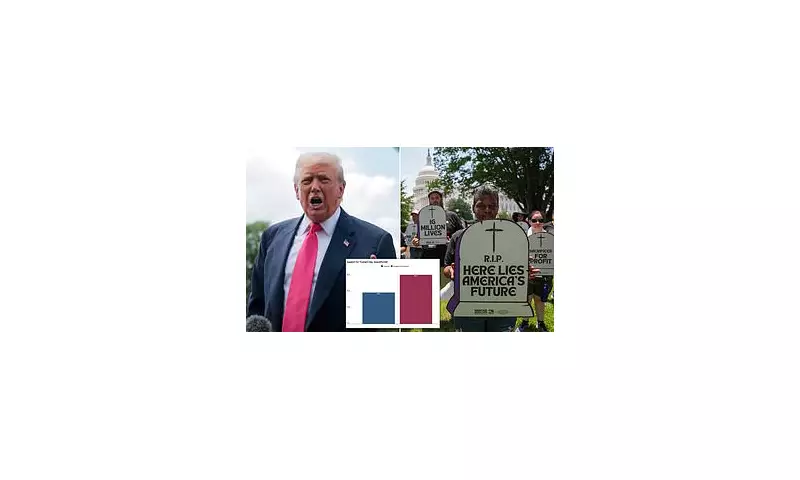
Growing numbers of Americans are expressing scepticism over former President Donald Trump's expansive spending proposals, even as the White House insists his policies would save families thousands annually.
Recent polling indicates a notable decline in public support for Trump's economic agenda, with many voters questioning the feasibility and long-term impact of his plans. Critics argue that the proposed spending could exacerbate national debt without delivering promised benefits.
White House Defends Economic Vision
The Biden administration has pushed back, maintaining that Trump's policies would ultimately burden middle-class families. "The math simply doesn't add up," stated a senior White House official. "These proposals risk ballooning the deficit while providing minimal relief to working Americans."
Public Sentiment Shifts
Surveys reveal increasing concern among voters about:
- The sustainability of massive tax cuts
- Potential cuts to social programs
- The impact on inflation and interest rates
Economic analysts note that while some proposals might offer short-term gains, they could create significant fiscal challenges in coming years.
The Savings Debate
Proponents argue Trump's policies would:
- Reduce energy costs through deregulation
- Lower healthcare expenses via market reforms
- Boost take-home pay through tax adjustments
However, independent assessments suggest these savings may be overstated or unevenly distributed across income brackets.
As the 2024 election approaches, economic policy continues to dominate political discourse, with both parties framing the spending debate as pivotal to America's financial future.





